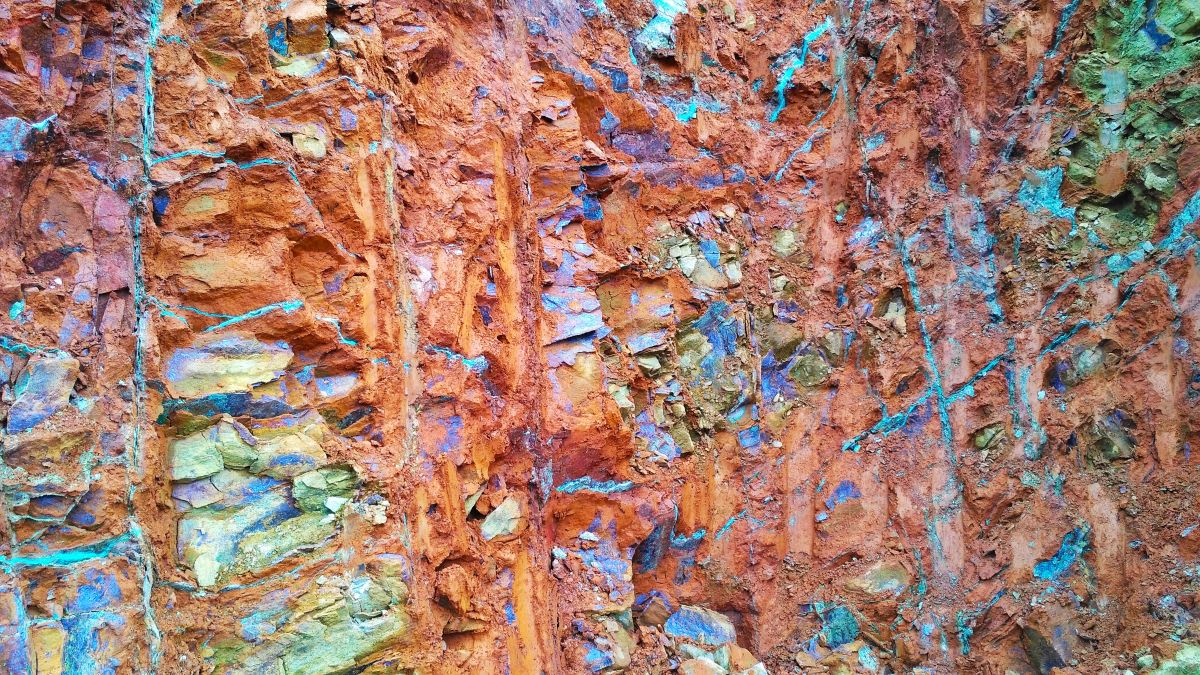Demand for Clean Energy Creates Uncomfortable Geopolitical Dilemmas

In the Marvel Cinematic Universe, the fictional African nation of Wakanda develops the most technologically advanced society on the planet thanks to its stockpile of vibranium, a powerful element mined for thousands of years from deposits left by meteorites. When King T’Challah – whose alter ego is Black Panther – reveals his country’s riches to the world, it sets off a struggle among global superpowers seeking access to Wakanda’s most precious of metals.
The natural elements of Earth may not possess vibranium’s nearly indestructible physical properties, but they are no less valuable to countries where they’re mined. Today, global demand for clean energy is sparking interest in developing nations stocked with minerals such as nickel and cobalt. Like real-life Wakandas, these countries find themselves thrust into the middle of geopolitical conflicts as a result.
A New York Times feature this month detailed the plight of one such country, Indonesia, which is home to massive reserves of nickel. Manufacturers use nickel to make the batteries that power electric vehicles. Consequently, the Indonesian government has sought trade deals with the United States to entice EV manufacturers and other industries to set up shop in the country.
That sounds like an easy sell, seeing as EVs and other green technologies have taken on crucial importance in the Biden administration’s climate-change platform. However, China’s involvement in Indonesia’s nickel industry has made reaching a trade agreement with the U.S. impossible.
In fact, Beijing seems to have some type of influence over the entire supply chain for green energy. China is one of the world’s leading producers of lithium, for example. In Indonesia, the home government maintains a ban on exports of nickel ore, a policy that created an opening for China to pump capital into the country and build plants for processing the mineral.
Then there are the problems with clean energy technologies produced by China itself. If those products are being made in coal-powered facilities, doesn’t that defeat the purpose of manufacturing them in the first place? Importers also must be wary of Chinese goods or materials produced using forced labor. (Overall, companies have a poor record of authenticating the origins of minerals purchased abroad.)
U.S. policymakers are ultimately reckoning with the cold reality that working around China in the transition away from fossil fuels will be expensive. It will also eat up precious time in the race to reverse the effects of climate change.
Against that backdrop, some developing countries may suffer from the collateral damage of the jousting between the two global superpowers. In the MCU, Wakanda went from backwater to power player overnight when its vibranium reserves were revealed. That kind of radical transformation won’t happen for countries here in the real world, but some may parlay their endowments of natural resources into newfound economic strength and geopolitical stature because of the push for clean energy.



